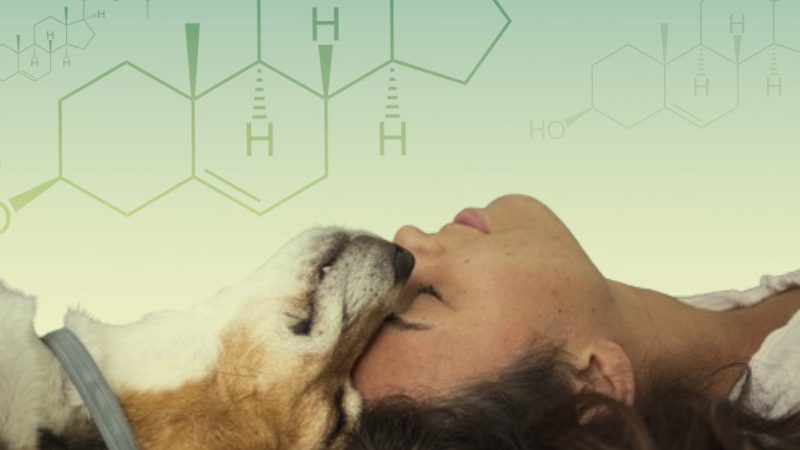The Importance of Phytosterols for Health and Cosmetics
- Antioxidant Effects: They help combat oxidative stress, a key factor in aging and various diseases.
- Anti-Inflammatory Benefits: Phytosterols possess anti-inflammatory properties, contributing to overall health and well-being.
- Cancer Prevention: Emerging research highlights their potential in reducing the risk of certain cancers.
The Challenges of Traditional Phytosterol Sources
- Low Concentrations: Plant sources often contain phytosterols in low amounts, necessitating large quantities for extraction.
- Variable Yields: Seasonal variations and agricultural conditions lead to inconsistent yields and quality.
- Complex Purification: Extracting pure phytosterols from plants is labor-intensive and often results in contamination with undesirable substances.
- Environmental Impact: Large-scale agriculture for phytosterol extraction imposes significant environmental strains, including land use and water consumption.
Microbial Production: A Sustainable Alternative
acib is addressing these challenges through the microbial production of phytosterols using the yeast strains Komagataella phaffii (also known as Pichia pastoris). This industrial yeast strain has been genetically modified to produce sterols more efficiently.
- Consistency and Quality: Microbial production ensures consistent yield and quality, eliminating the variability associated with plant-based sources.
- Sustainability: Microbial processes significantly reduce environmental impact, utilizing less land and water.
- Scalability: The robust growth of K. phaffii, with rapid doubling times and high cell density, supports large-scale production.
- Economic Viability: Cost-effective media and efficient growth conditions make microbial production economically attractive.
The Technology Behind the Innovation
- Campesterol
- Brassicasterol
- β-sitosterol
- Stigmasterol
Conclusion: Embrace the Future of Phytosterol Production
Phytosterols play a crucial role in promoting health, but traditional sourcing methods fall short in meeting the growing demand. acib’s innovative microbial production approach offers a sustainable, consistent, and economically viable alternative. By partnering with acib, you can be at the forefront of this revolutionary method, contributing to a healthier future while benefiting from a robust and scalable production process.
Take the lead with acib and pioneer the future of phytosterol production. For more information and to explore this opportunity further, visit this technology on our online research marketplace.
